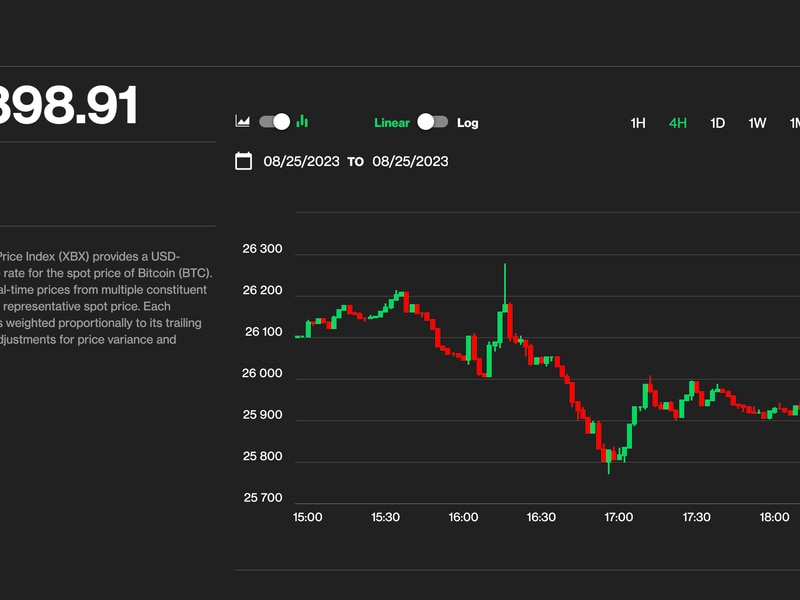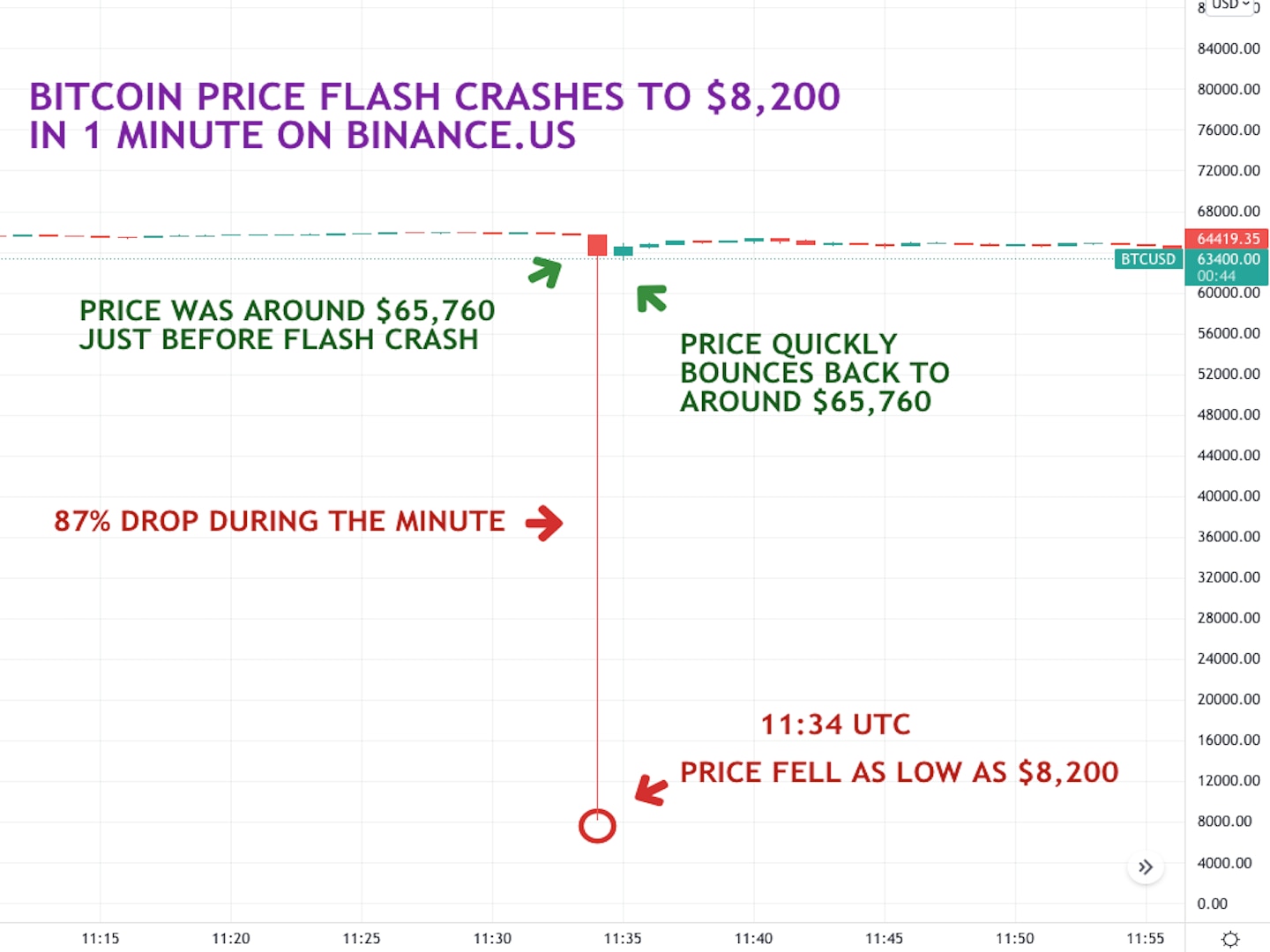Ethereum Security Lead Joins Effort to Oust Blockchain’s Big Miners
A notable voice is joining the ranks of ethereum developers who are seeking to block powerful ASIC miners from earning an outsized share of the platform’s valuable ether cryptocurrency.
In an developer meeting Friday, Martin Holst Swende, security lead at the Ethereum Foundation, said he supports swift action to remove ASIC mining hardware from the ethereum platform. Joining the non-profit in 2016, Swende now works to ensure code changes do not disrupt or harm operations on the world’s second-largest blockchain.
With the remarks, Swende is aligning with other leading technologists who work on the platform’s core code and who think steps should be taken to block the chips. First introduced on ethereum back in April, dissenting developers argue the chips may reduce the number of participants able to profitably maintain the network’s ledger.
In the meeting, Swende remarked that a software change, dubbed ProgPoW, should be implemented “in parallel” with a larger, upcoming upgrade, “if the technical underpinnings are there.”
As detailed by CoinDesk, the software change would render current ethereum ASICs unusable, and potentially prevent the development of such hardware going forward.
He said:
“I think it’s a very good change and am for including it as soon as possible.”
Swende also noted after the meeting in email to CoinDesk that unlike other proposals for software upgrades on ethereum that affect smart contract deployment on the platform, ProgPow would “not touch the EVM or state transition at all.”
As such, Swende noted that testing for the proposal could be implemented on “a totally separate testbed” in parallel to the normal testing process currently at a bottleneck due to preparation for ethereum’s upcoming hard fork.
The upgrade, also known as Constantinople, has been in the works for months, with developers convening and reconvening on the priority issues needing to be addressed. As of today’s meeting, the upgrade is due to activate on ethereum testnet Ropsten on October 9 (it’s estimated to occur at block 4.2 million).
Speaking on a forum prior to today’s meeting, Swende proposed the software change to be implemented in a “separate hard fork which is decoupled from Constantinople.”
“If we eventually decide to set both [upgrades] to the same [block] number, then fine, but that’s not a necessity,” the developer wrote.
Developers also said that a cost optimization upgrade geared toward reducing the cost of privacy on ethereum authored by Antonio Salazar Cardozo could be implemented in a subsequent hard fork along with the ProgPoW software shift.
Concerns remain
Still, speaking in the meeting, core developers Pawel Bylica and Alexey Akhunov said the ProgPow proposal needs further work to explain how it can achieve its claims. In response, representatives from the developer group working on ProgPow cited “misinformation about hardware and how ProgPow actually works.”
Responding to the confusion, ProgPow co-creator “Def” emphasized that a “deep dive” could be done to better corroborate the aims of the proposal.
In essence, however, Def highlighted that:
“The algorithm’s goal is not exactly to be ASIC-resistant.”
This is because, in one sense, all general processing units (GPUs) if utilized for the express purpose of mining can be thought of as ASICs, in that they effectively are operated to mine ether.
As a result, Def posits that the design of ProgPow is not to be ASIC resistant but rather “to be friendly or very much tied to a single type of ASIC, which is a GPU,” with these having the advantages of being lower cost for miners in the ethereum community to acquire.
For her part, Def’s colleague, Kristy-Leigh Minehan, emphasized the importance of continued developer support for the idea, claiming that it wasn’t worth “wasting the man hours or the money” for “a project that would most likely be ignored.”
Ethereum image via Shutterstock
The leader in blockchain news, CoinDesk is a media outlet that strives for the highest journalistic standards and abides by a strict set of editorial policies. CoinDesk is an independent operating subsidiary of Digital Currency Group, which invests in cryptocurrencies and blockchain startups.








